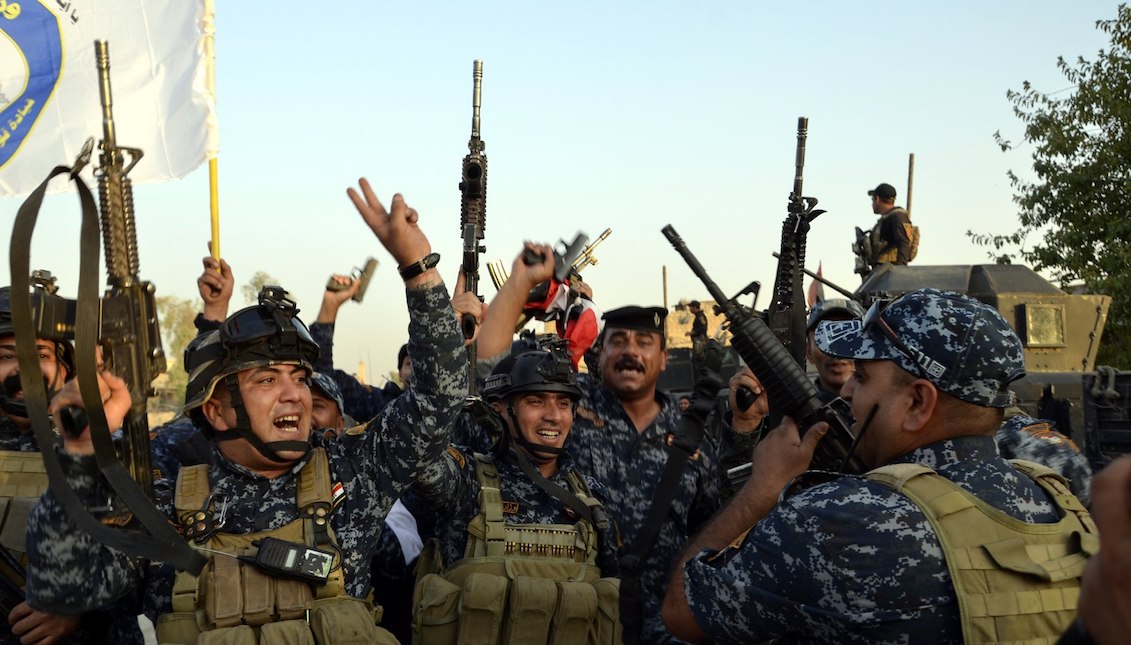
Is this the beginning of the end for ISIS?
The release of the Iraqi city of Mosul and the death of the leader of the terrorist group, Abu Bakr al-Baghdadi, could mean the weakening of the new Caliphate…
Lieutenant General Stephen Townsend, commander of the US military mission against the Islamic state, confirmed yesterday the release of Mosul, which was announced by Iraqi Prime Minister Haider al-Abadi on Sunday, when he arrived in the city to congratulate the country's armed forces for freeing the city from Islamic extremist terror.
Such a victory marks the end of a bloody campaign of more than nine months, which has left Iraq's second-largest city virtually ruined, and has killed thousands.
Mosul represented the strategic domain of the Islamic State (also known as ISIS, EI or Daesh), a military and religious phenomenon that resulted from the American invasion of Iraq in 2003. Currently, another of its key cities, Raqqa (Syria), is about to be lost in hands of the Arab and Kurdish military forces, supported by the United States.
It was in the al-Nuri Grand Mosque in Mosul, where Abu Bakr al-Baghdadi declared himself the leader of the Caliphate from the pulpit in 2014, recognizing the borders between Iraq and Syria as Islamic territory, an area which witnessed the transformation of society into one of the worst nightmares in history: women as a sexual slaves, public beheadings and a bloody campaign against the West.
That is why today's confirmation of the Syrian Human Rights Observatory on the death of al-Baghdadi represents a hope for the recovery of lost territory and a future restructuring of the weak stability in the area.
RELATED CONTENT
The death of al-Baghdadi has been announced on previous occasions, but has never been confirmed. During the month of June, the Russian Defense Minister stated that the leader could have been killed during one of the air strikes against the Islamic State outside the Syrian city of Raqqa, but there was no confirmation from Washington or from sources of information close to the terrorist group, as Reuters recalls.
But today, the director of the British war-monitoring group, Rami Abdulrahman, has ensured that high-ranking leaders in the Islamic state have confirmed al-Baghdadi's death.
While these two achievements would not mean the surrender or the end of the conflict, they represent a very strong blow to the stability of the Caliphate.
Other cities and towns in Iraq and Syria remain under the control of the militants, and Iraqi and US military forces are expecting an increase in terrorist attacks in urban centers as retaliation for strategic losses.
"It’s going to continue to be hard every day," said Colonel Pat Work, commander of the Second Brigade in the 82nd Airborne Division, to the New York Times.











LEAVE A COMMENT: